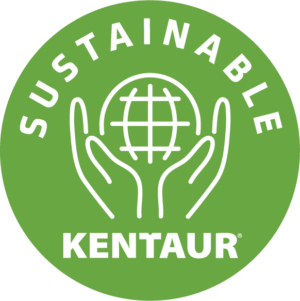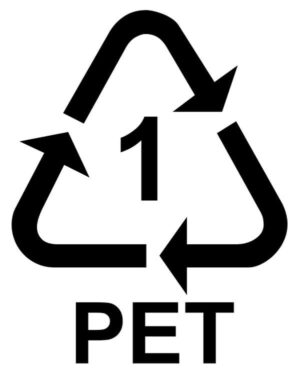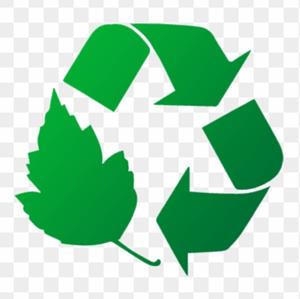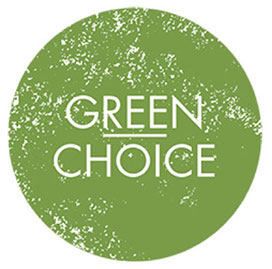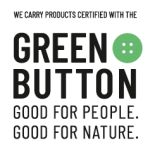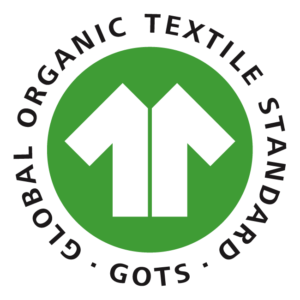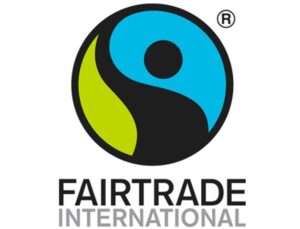Sustainability and environmental-friendliness have become increasingly important topics in the textile industry. Traditional textile production is often associated with high resource consumption, pollution, and social and environmental impacts. As a result, many companies are seeking ways to make textile manufacturing more eco-friendly and sustainable.
One crucial step towards sustainable production is material selection. Many companies are exploring alternatives to traditional synthetic fibers made from petroleum-based plastics. Instead, they are using natural fibers such as organic cotton, linen, bamboo, and Tencel, sourced from renewable materials that require fewer chemical fertilizers and pesticides.
Reducing the environmental impact of the production process is also important. Companies are finding ways to reduce water usage, use energy-efficient machinery, and manage waste and emissions. Some companies have even invested in renewable energy to reduce the carbon footprint of their production.
Promoting sustainability also involves considering the lifecycle of products. Many companies focus on designing durable and high-quality products, extending their lifespan and reducing consumption. Additionally, raising consumer awareness encourages them to choose environmentally-friendly and ethically-produced textiles.
Another exciting and creative way to utilize textile waste is through upcycling. Upcycling is the process of transforming textile waste into new usable items. Fabric scraps can be turned into practical workwear such as jackets, pants, or dresses. Sample pieces and patterns can be repurposed into unique accessories like bags or headwear. Even damaged items can find a new purpose through upcycling.
Upcycled workwear is an excellent way to repurpose textile waste in the industry. These garments are environmentally-friendly, stylish, and unique. Upcycling promotes sustainable consumption and contributes to the well-being of our planet.
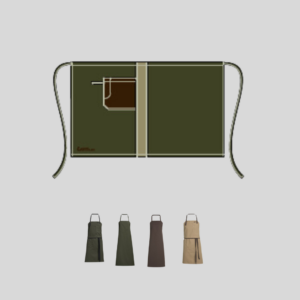
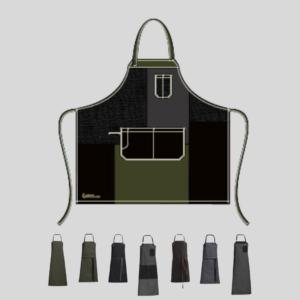
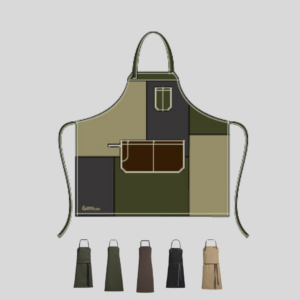
Danish brand Kentaur upcycling aprons
Moreover, more companies are dedicated to ethical production and improving working conditions. They monitor their supply chains to ensure fair working conditions and fair wages for workers. These companies also adhere to principles of social responsibility, supporting local communities and promoting fair trade.
In addition to the aforementioned measures, textile recycling is also essential. A great example of this is the use of fibers made from recycled PET bottles. These fibers, often known as rPET fibers (recycled polyethylene terephthalate), are made from processed and transformed used plastic bottles.
Fibers made from recycled PET bottles are strong, durable, and high-quality, making them an excellent choice for various textile products. They offer the same comfort and performance as traditional synthetic fibers while reducing plastic waste and conserving natural resources.
By using recycled PET fibers in textile production, companies help reduce plastic waste and diminish the need for new natural resources. This is a crucial step towards a circular textile manufacturing process, reducing waste and environmental harm.
Additionally, using recyclable PET fibers provides an opportunity to create high-quality and sustainable textile products that meet both environmental and consumer needs. It allows us to combine style and responsibility and take a step closer to a more sustainable and conscious future.
In conclusion, sustainability and environmental-friendliness are becoming increasingly important in the textile industry. Companies that invest in eco-friendly production not only reduce their negative impact on the environment but also have the potential to create engaging and responsible brands, achieving long-term success in the market. Consumers are becoming more aware of environmental issues and increasingly prefer ecologically and ethically produced products. Therefore, it is crucial for the textile industry to adapt and become sustainable and environmentally-friendly to meet consumer demands and ensure the health and well-being of the planet for future generations.

